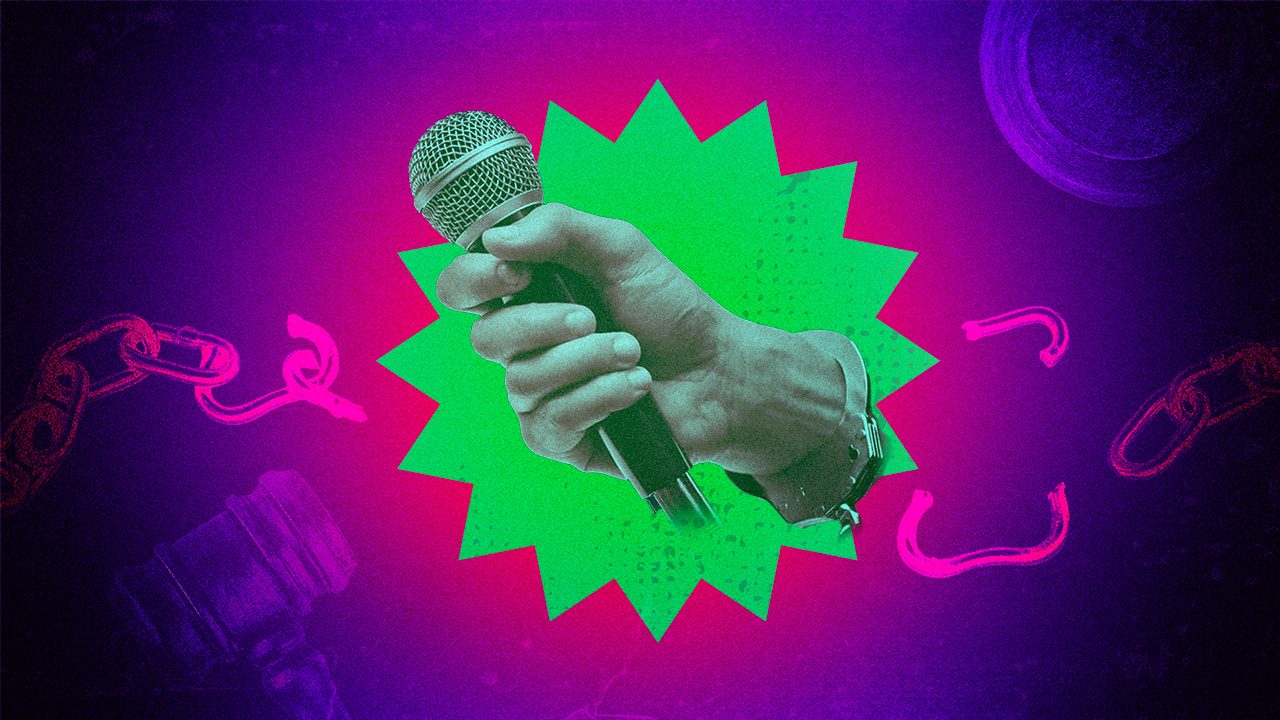SUMMARY
This is AI generated summarization, which may have errors. For context, always refer to the full article.

MANILA, Philippines – The latest ruling of the Supreme Court (SC) clarified rules on cyber libel cases.
The High Court said:
- The prescription period for cyber libel should be based on the Revised Penal Code (RPC), and not Republic Act (RA) No. 3326. The RPC sets the prescription period to one year. In criminal cases, prescription refers to the period when a complaint or charge may be filed.
- The count of the cyber libel prescription period starts from the discovery by the offended party of the allegedly libelous remarks.
The clarifications were part of an October 11, 2023 decision that was uploaded only on January 19. This was in relation to a petition filed by lawyer Berteni “Toto” Causing which was dismissed by the High Court. Causing was spokesperson of the family of Percy Lapid, the radio broadcaster who was gunned down in 2022.
Causing filed a petition for certiorari with the Supreme Court – a remedy used to review grave abuse of discretion – to assail the 2021 decision of Quezon City RTC Branch 93 in a cyber libel case filed against him in 2020.
Causing’s case
Then-lawmaker Ferdinand Hernandez filed a complaint against Causing with the Quezon City prosecutor’s office for cyber libel, under section 4(c)(4) of RA No. 10175 or the Cybercrime Prevention Act of 2012. The complaint was filed in relation to Articles 353 and 355 of the Revised Penal Code.
Hernandez, the complainant in Causing’s case, said that on February 4 and April 29, 2019, Causing uploaded posts on Facebook “which made it appear that he stole public funds intended for Marawi siege victims.” Later, the prosecutors filed two separate cases on May 10, 2021, against Causing.
Causing filed a motion to quash, arguing that the posts in question were uploaded on February 4 and April 29, 2019, while the complaint was filed only on December 16, 2020. He pointed out that the cyber libel cases against him had prescribed or lapsed because the filing was only done over a year after the posts were put up.
In 2021, the RTC denied Causing’s petition for lack of merit, maintaining that the two cyber libel cases had not prescribed. The court explained that Hernandez filed his complaint on December 17, 2020 – “two weeks from the discovery of the purported crimes.” Causing then brought the case to the SC.
Prescription period for libel
In 2019, the Department of Justice said the prescription for cyber libel was within 12 years. This means that one can be sued for an alleged libelous post within 12 years of its publication.
When a Manila court upheld the cyber libel case of Nobel Peace Prize laureate and Rappler CEO Maria Ressa, Judge Rainelda Estacio-Montesa cited Tolentino v. People – a ruling that said the cyber libel prescription is 15 years.
In this latest ruling, the High Court said Causing had argued that Tolentino v. People was not a “binding precedent” since it was not signed. But the High Court said this was wrong because an unsigned resolution can be a binding precedent “if it states clearly and distinctly the facts and law on which it is based and is not a mere dismissal of a petition for failure to comply with formal and substantive requirements.”
Although the SC did not rule in favor of Causing’s certiorari petition, it ruled favorably on the prescription period. The High Court said the prescription period for cyber libel should be based on the Revised Penal Code, which sets prescription at one year, and not RA 3326, which sets it at 12 years.
“As between the two, the law that sets the shorter period for prescription and the more favorable to the accused must be applied,” the ruling said. “Considering that Article 90 of the RPC provides the shorter prescriptive period at only one year and is therefore more favorable to the accused, it should prevail over the application of [Republic] Act No. 3326, which would make Cyber Libel prescribe in 12 years.”
Aside from the prescription period, the SC also clarified when the period starts – it should be from the time the offended party discovered the allegedly libelous remarks.
“The Court affirms its ruling in Alcantara that prescription is counted from discovery of the published libelous matter by the offended party, the authorities, or their agents, because they could hardly be expected to institute criminal proceedings for Libel without prior knowledge of the same,” the High Court said.
The SC added that the prescription period “may be reckoned from the publication of
the libelous matter” only when it coincides with the day the offended party discovered the remarks.
The ruling on Causing’s case read: “WHEREFORE, the Petition is DENIED. The Order dated October 5, 2021, and Order dated November 15, 2021, of Branch 93, Regional Trial Court (RTC), Quezon City in Criminal Cases Nos. R-QZN-21-04099 and R-QZN-21-04100 are hereby AFFIRMED.”
Associate Justice Henri Jean Paul Inting wrote the decision with concurrences from Associate Justice Alfredo Benjamin Caguioa, the division chairperson, along with Associate Justices Samuel Gaerlan, Japar Dimaampao, and Maria Filomena Singh. – Rappler.com
Add a comment
How does this make you feel?








There are no comments yet. Add your comment to start the conversation.